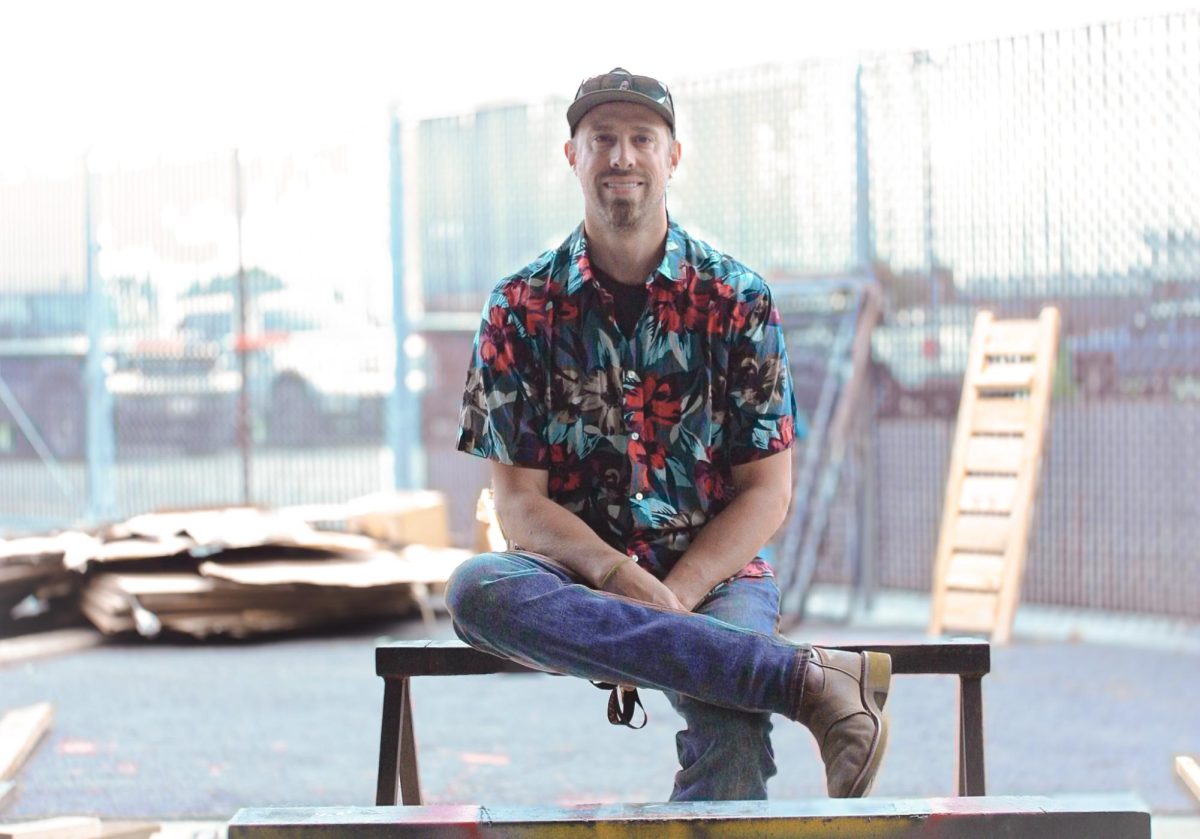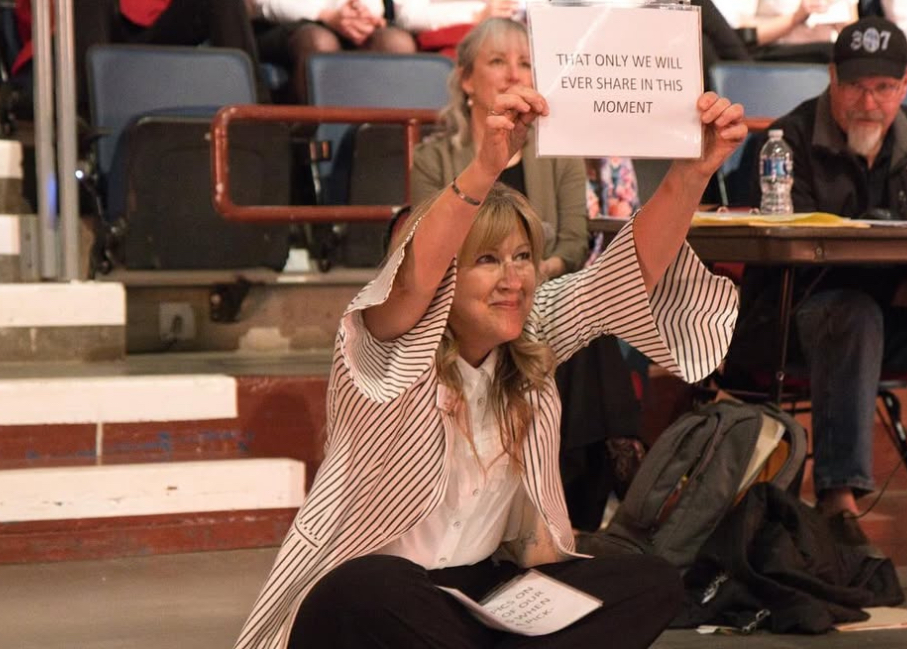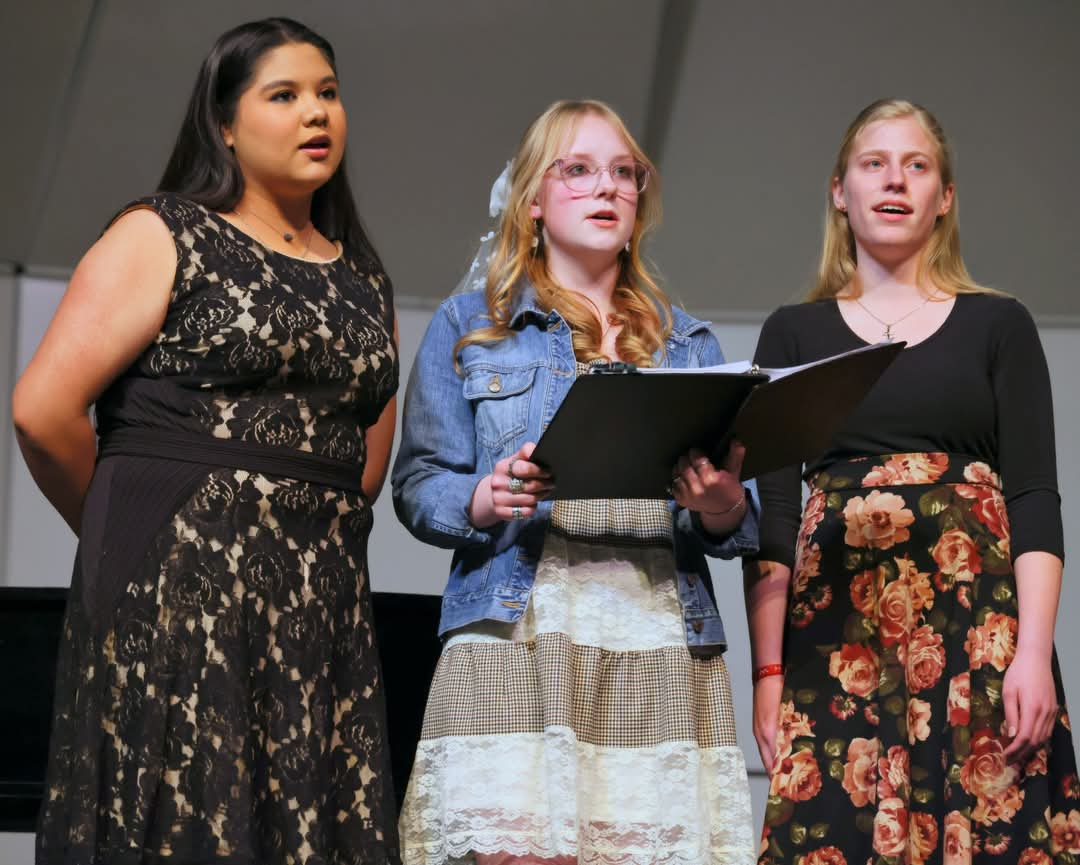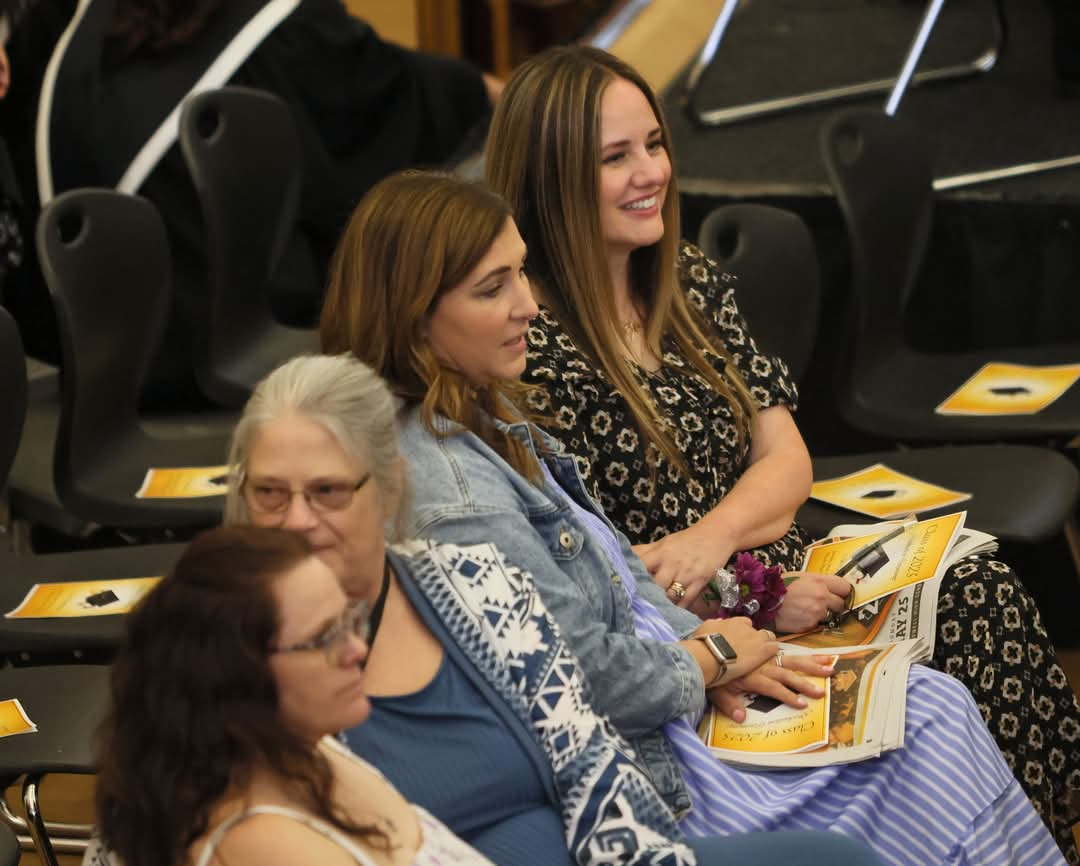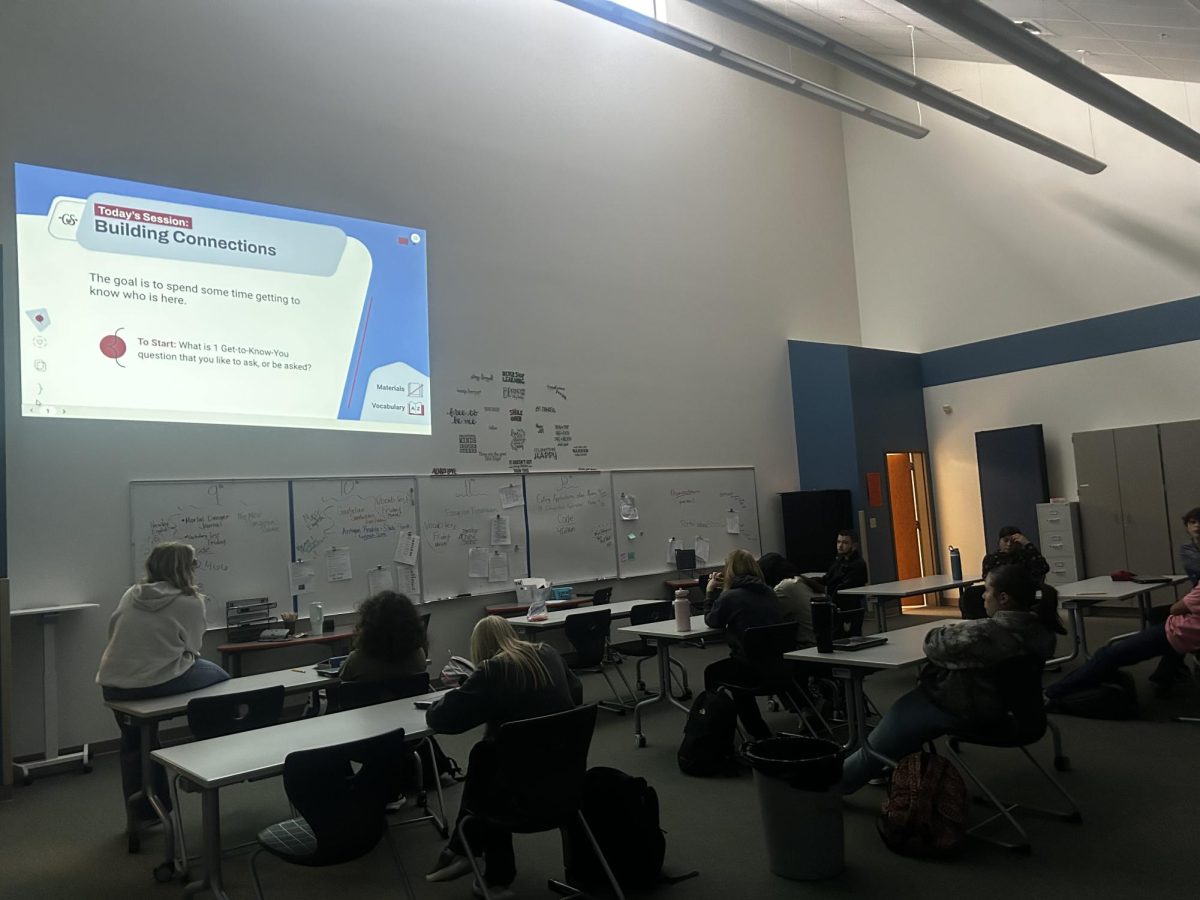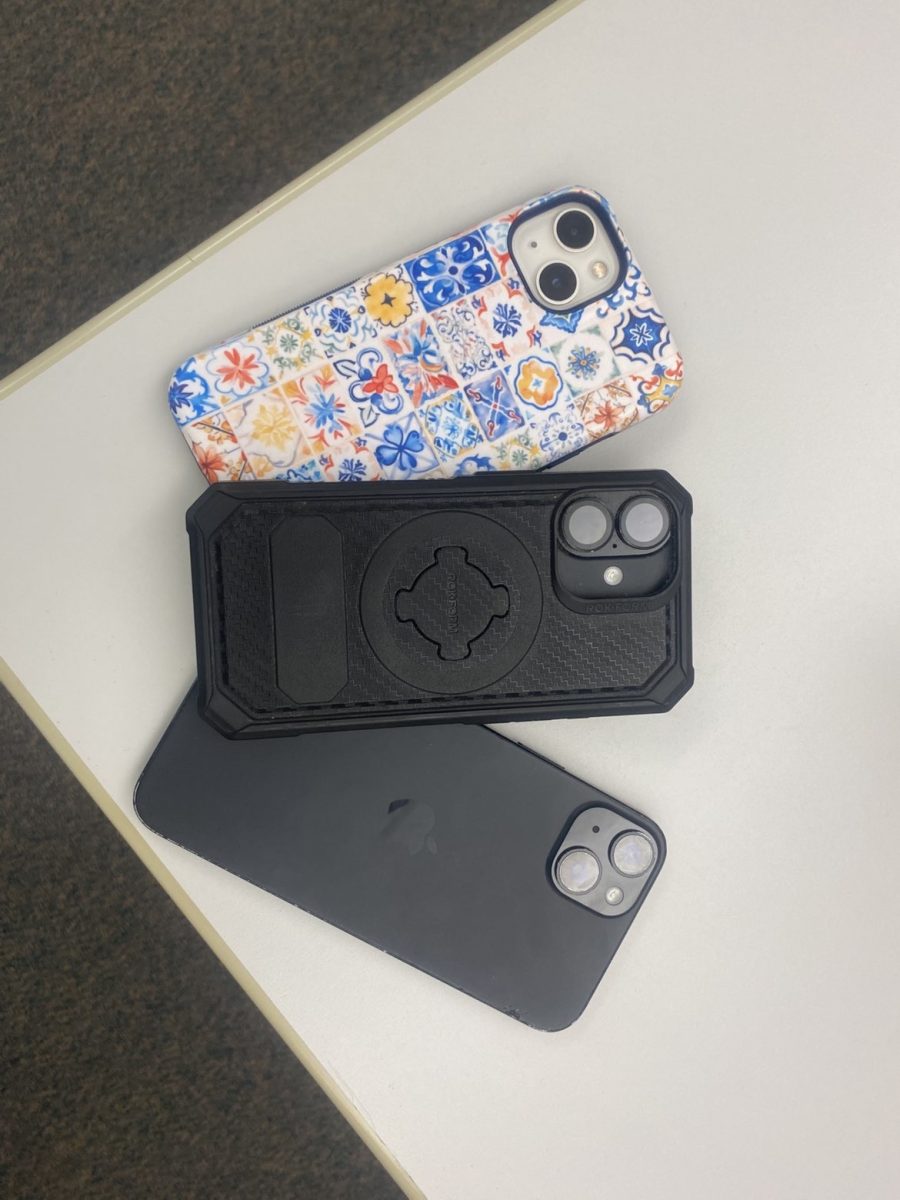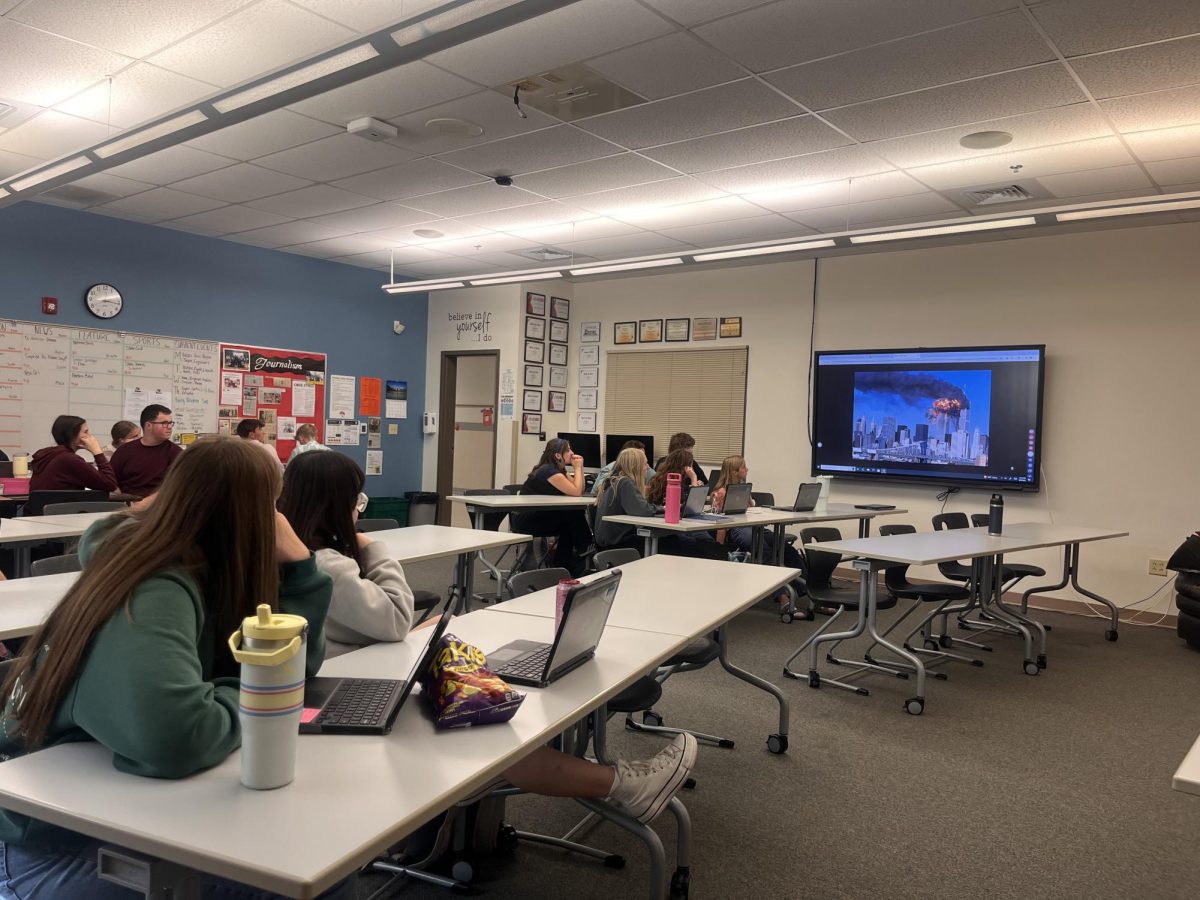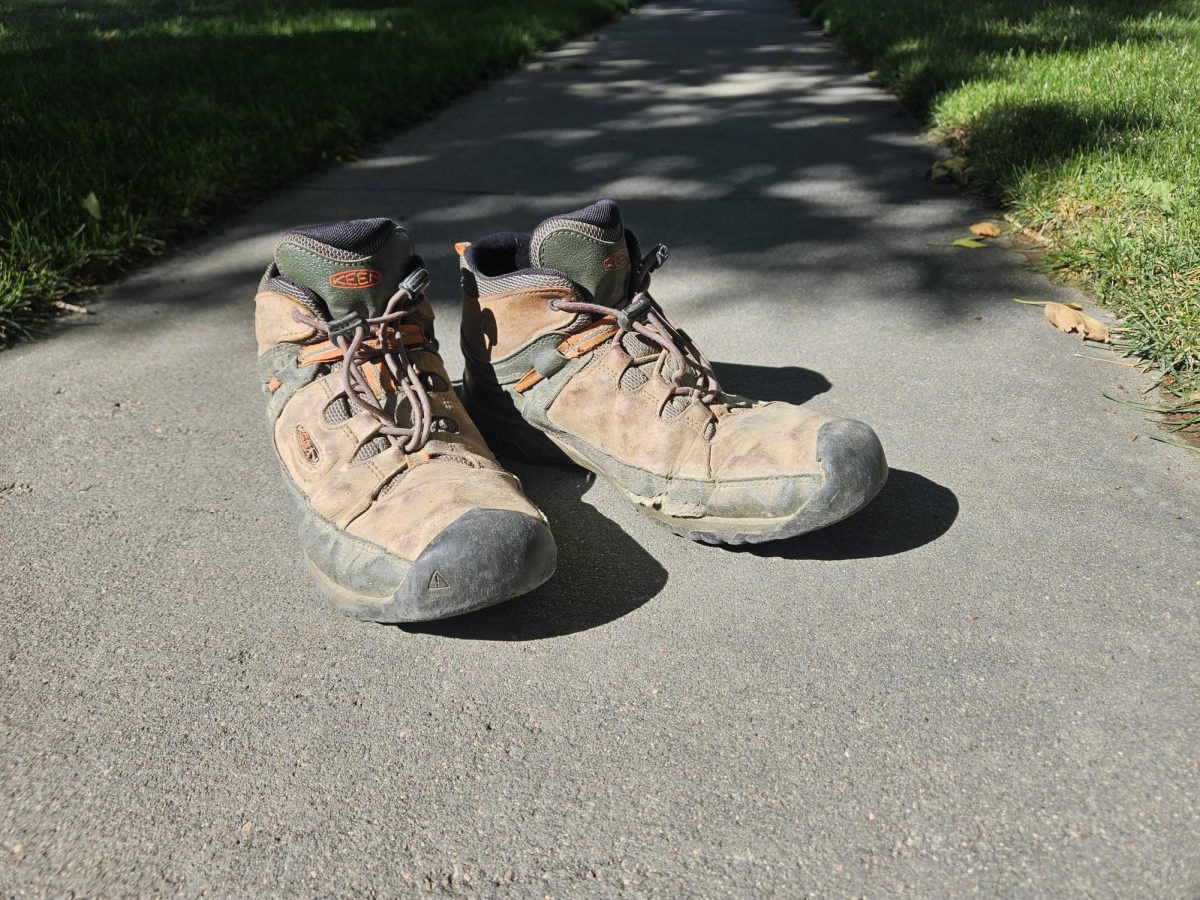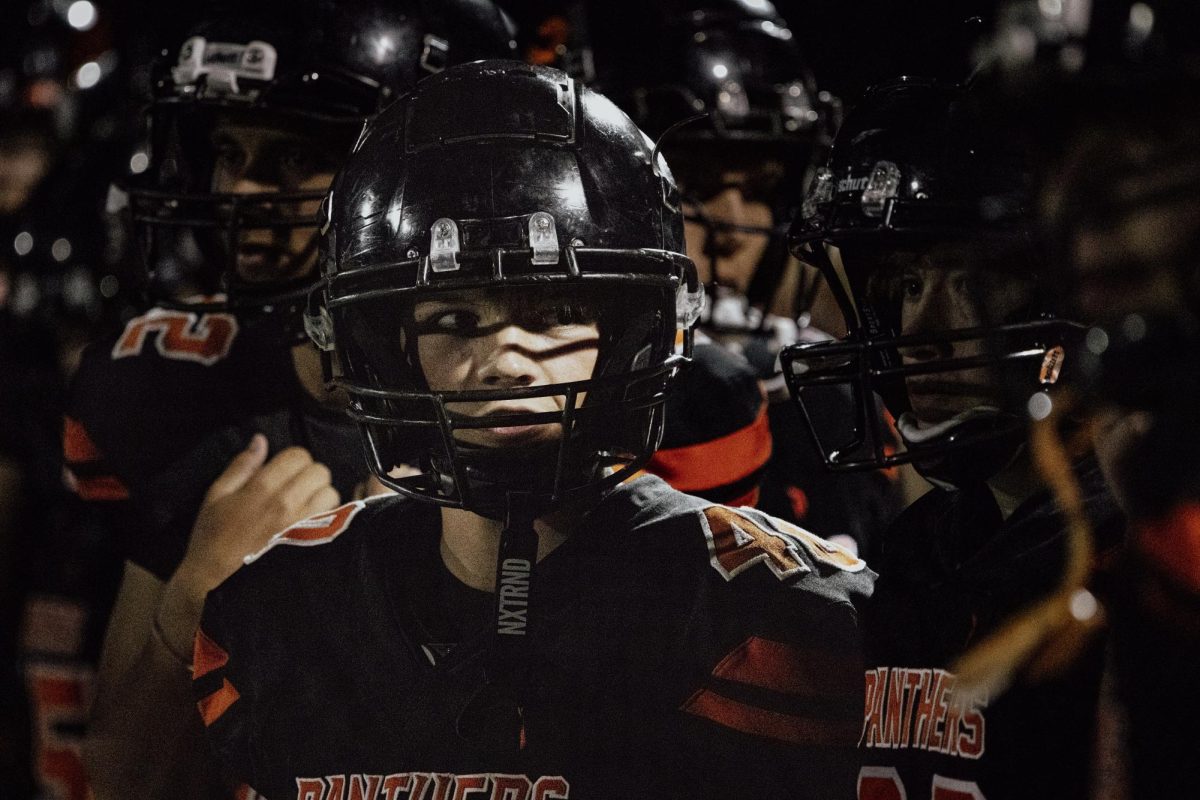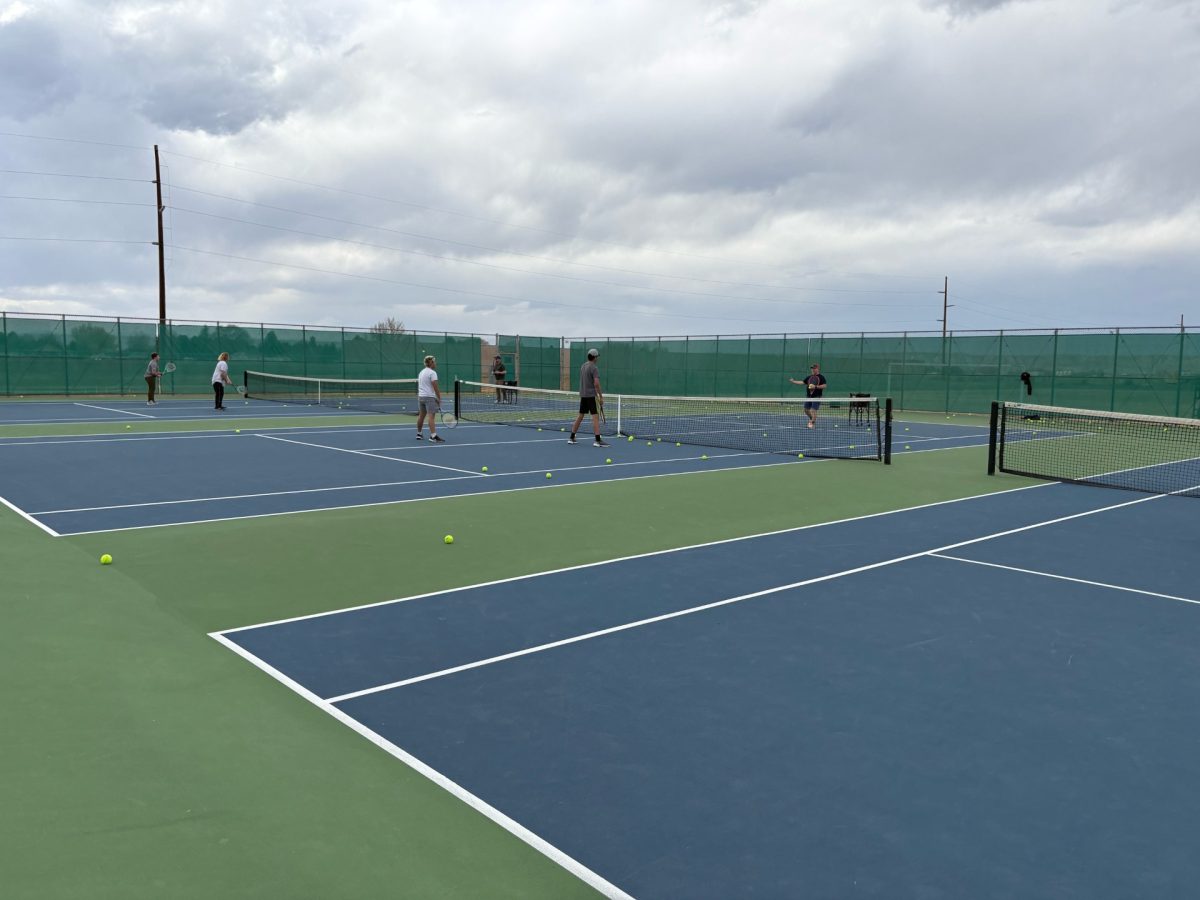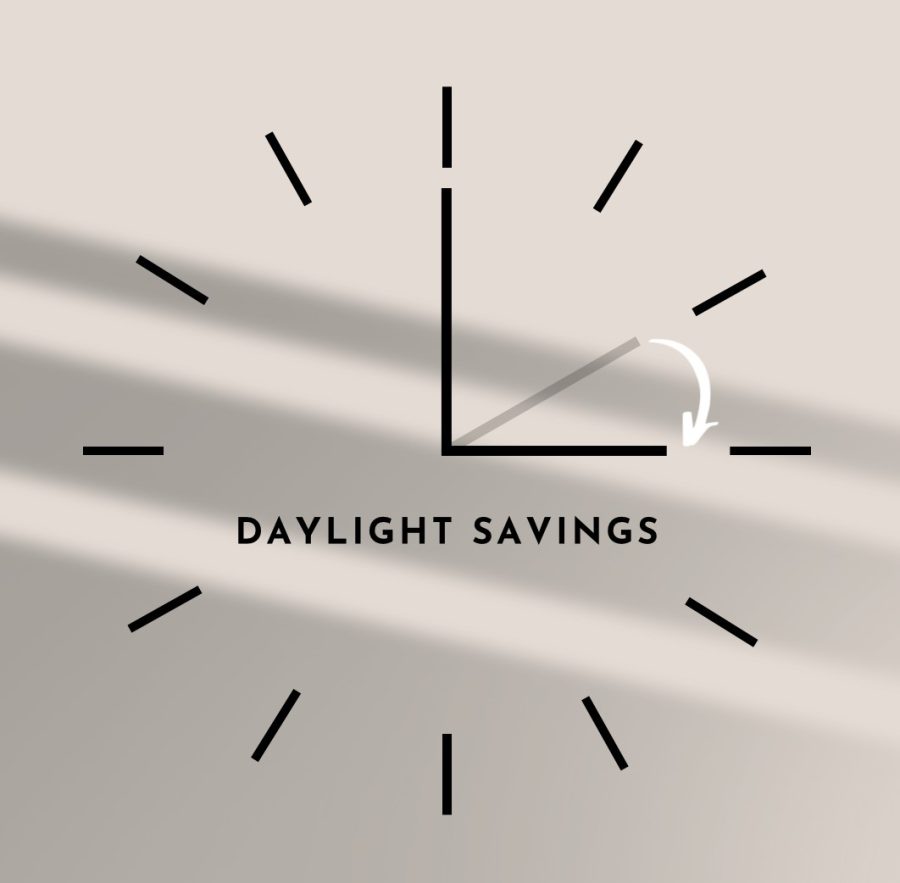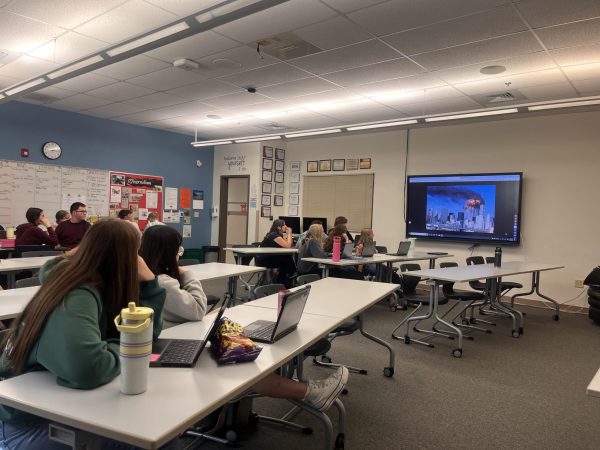OH HOW THE TIMES CHANGE
March 12, 2023, will start the “spring forward” section of the year
Photo Graphic Courtesy of Emma Johnson
With the semi-annual time change approaching, PHS students give their opinion on daylight savings.
Implemented for the first time in 1918, Daylight Savings Time (DST) has a back and forth history according to timeanddate.com. Its purpose has been to allot more daylight to conserve national energy use.
The idea to stop observing DST has recently arisen and has already become reality in some states. PHS students shed light on whether or not we should keep it.
“I really enjoy the sun going down at 9:30 at night during the summer,” junior Aramonie Brinkerhoff said. “Many people like staying out late, and it’s good for bonfires or family/friend get-togethers or even events like youth group.”
One positive of springing forward is that it allows for more social time that can happen under the sun. Safety is significantly increased too because crime rates are inherently higher at night.
“When you’re working late, a lot of parents will say to come home before dark,” sophomore Ethan Tucker said. “So, when it gets dark later, you basically get more time to do things.”
Jumping back and forth between times twice a year can make for some hard sleep transitions, especially when it comes to high schoolers who are known for their sleep deficiency.
“I like Arizona time because they don’t observe daylight savings time,” junior Julian Frost said. “My sleep schedule already sucks as is, [and] daylight savings just screws it up more.”
Your days aren’t shorter during DST. In fact, every day is still twenty four hours. The change in daylight only affects your schedule if you let it.
“I think waking up the next day is the hardest part for me because you lose that hour,” Brinkerhoff said. “Then again, you could always just adjust your own schedule. The sun is technically setting earlier but really it’s just the time that you’ve set.”
Though most clocks automatically change in the modern era we live in, some analog clocks still require manual changing, which could result in being late for school or work.
“In reality changing all your clocks and everything is just extra work,” Tucker said. “What if you forget about changing your clock and then suddenly you’re an hour late or an hour early to school?”


